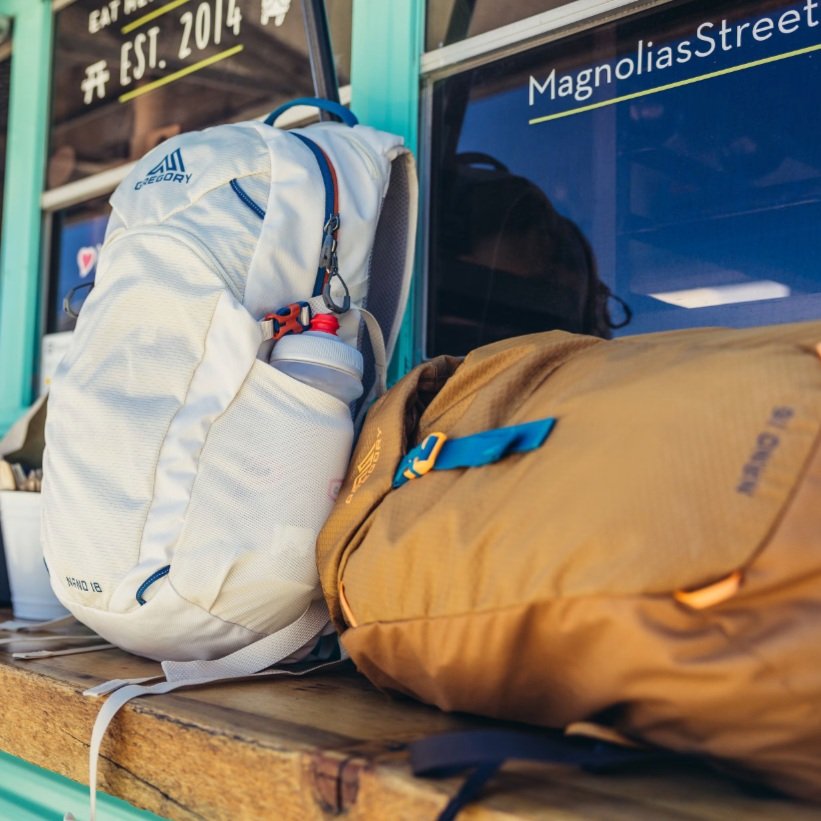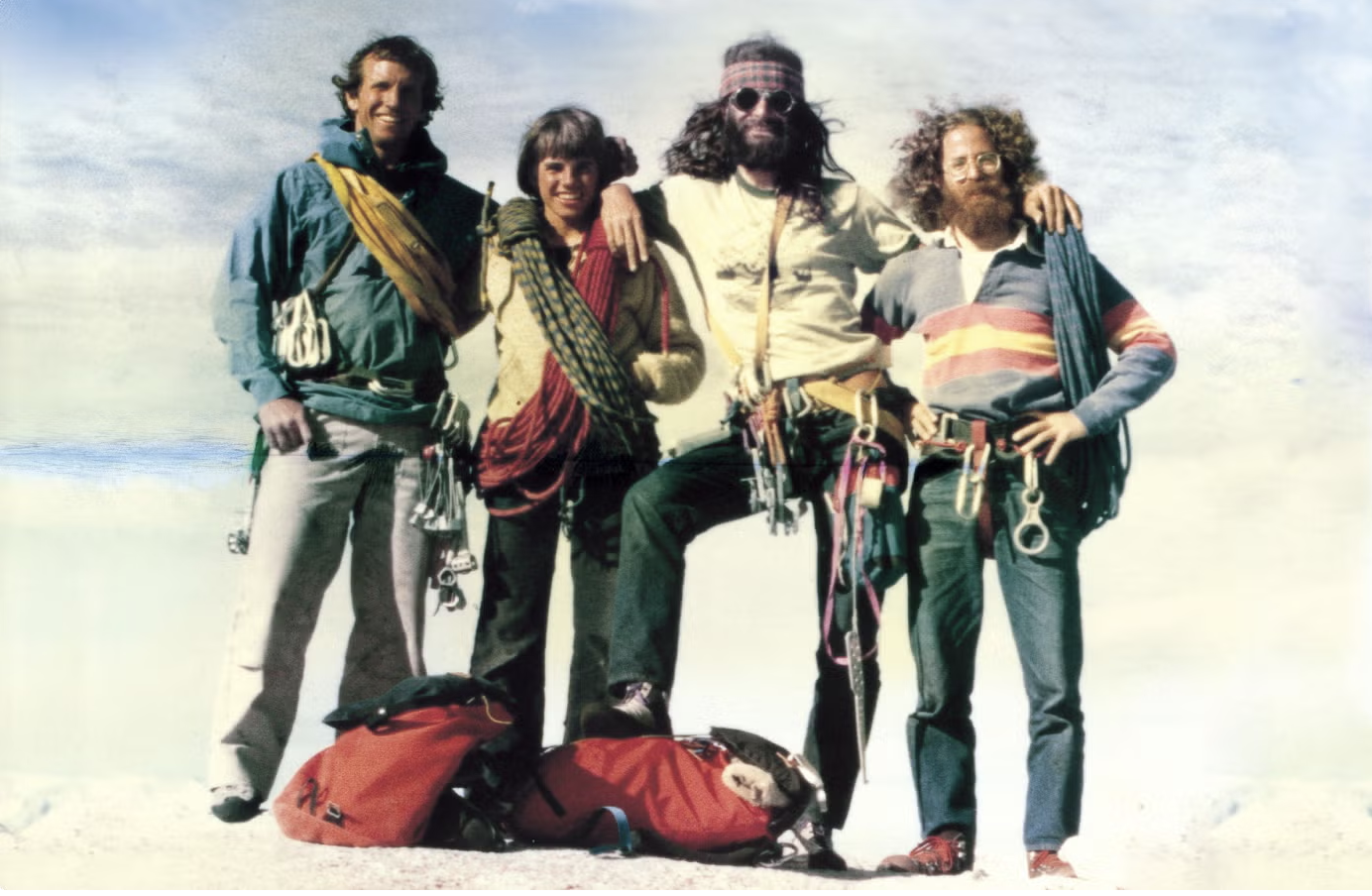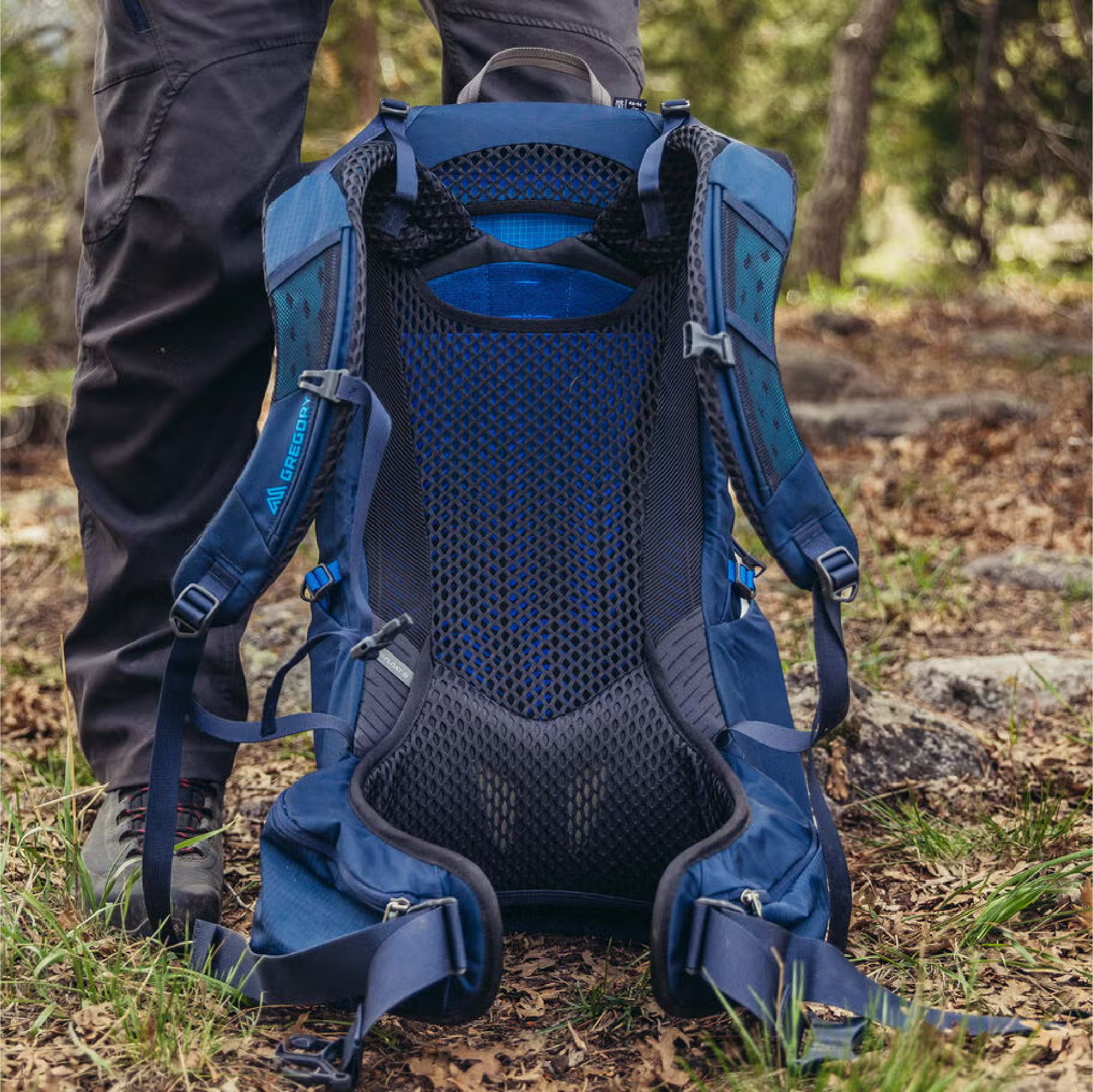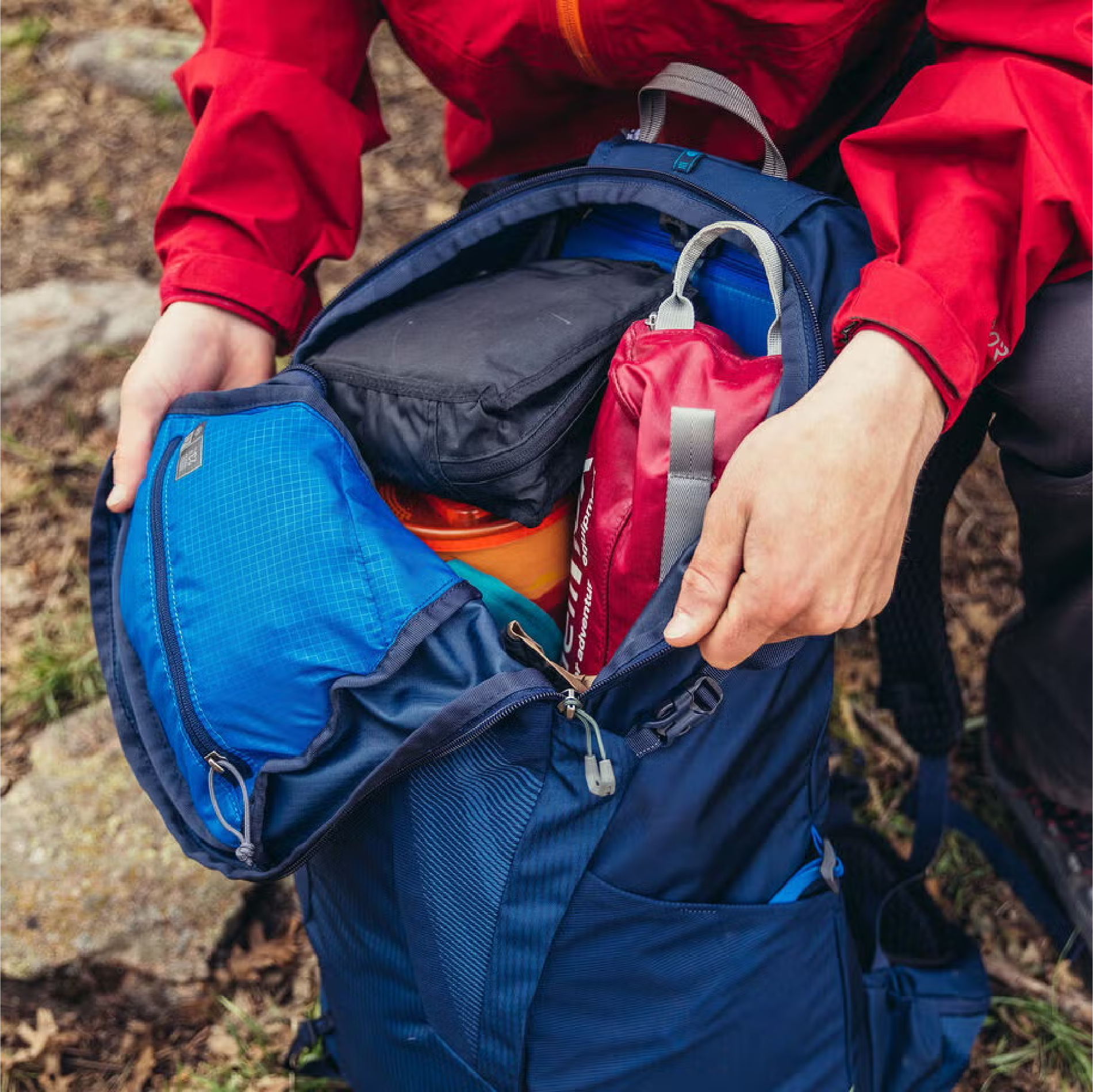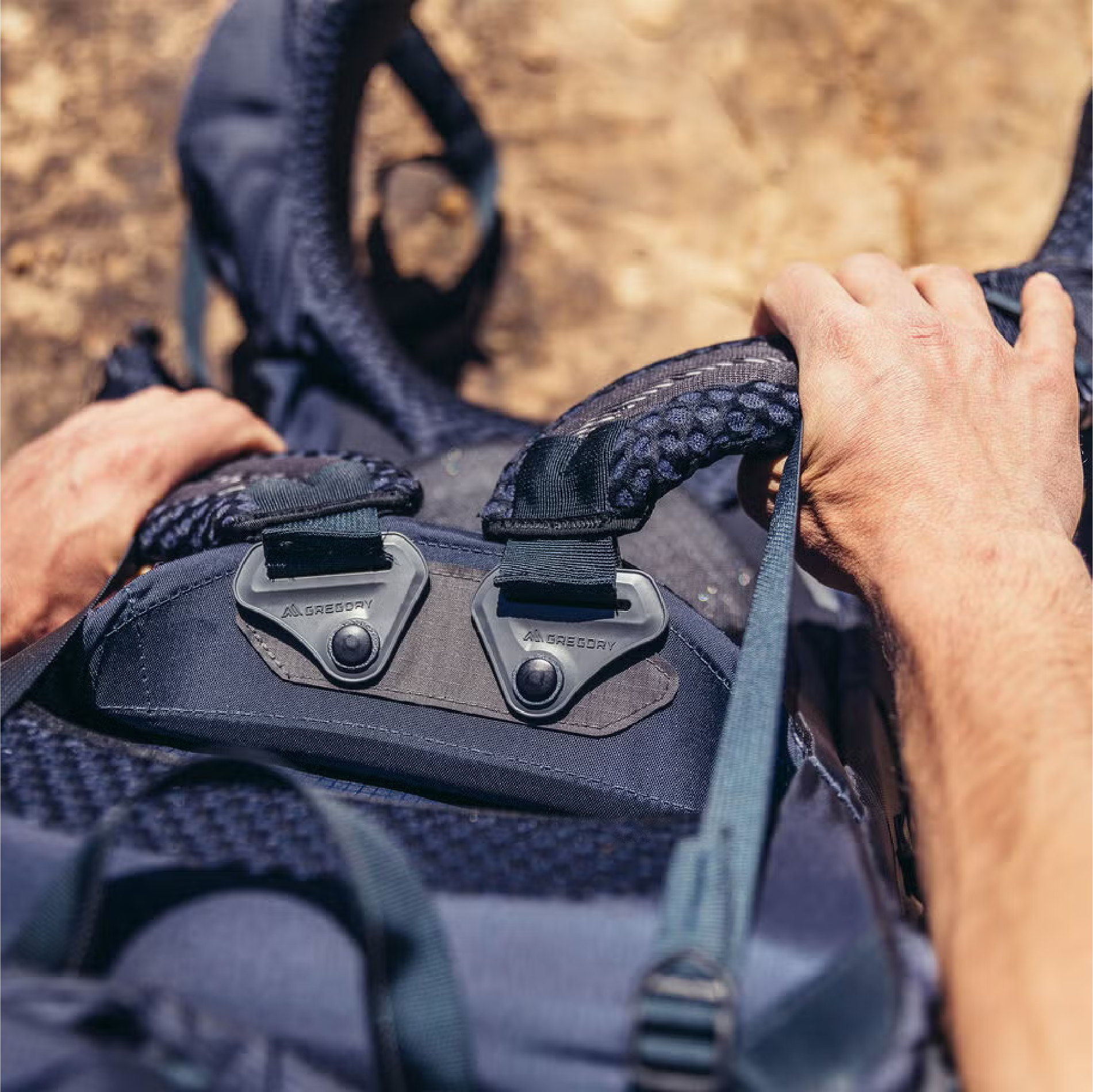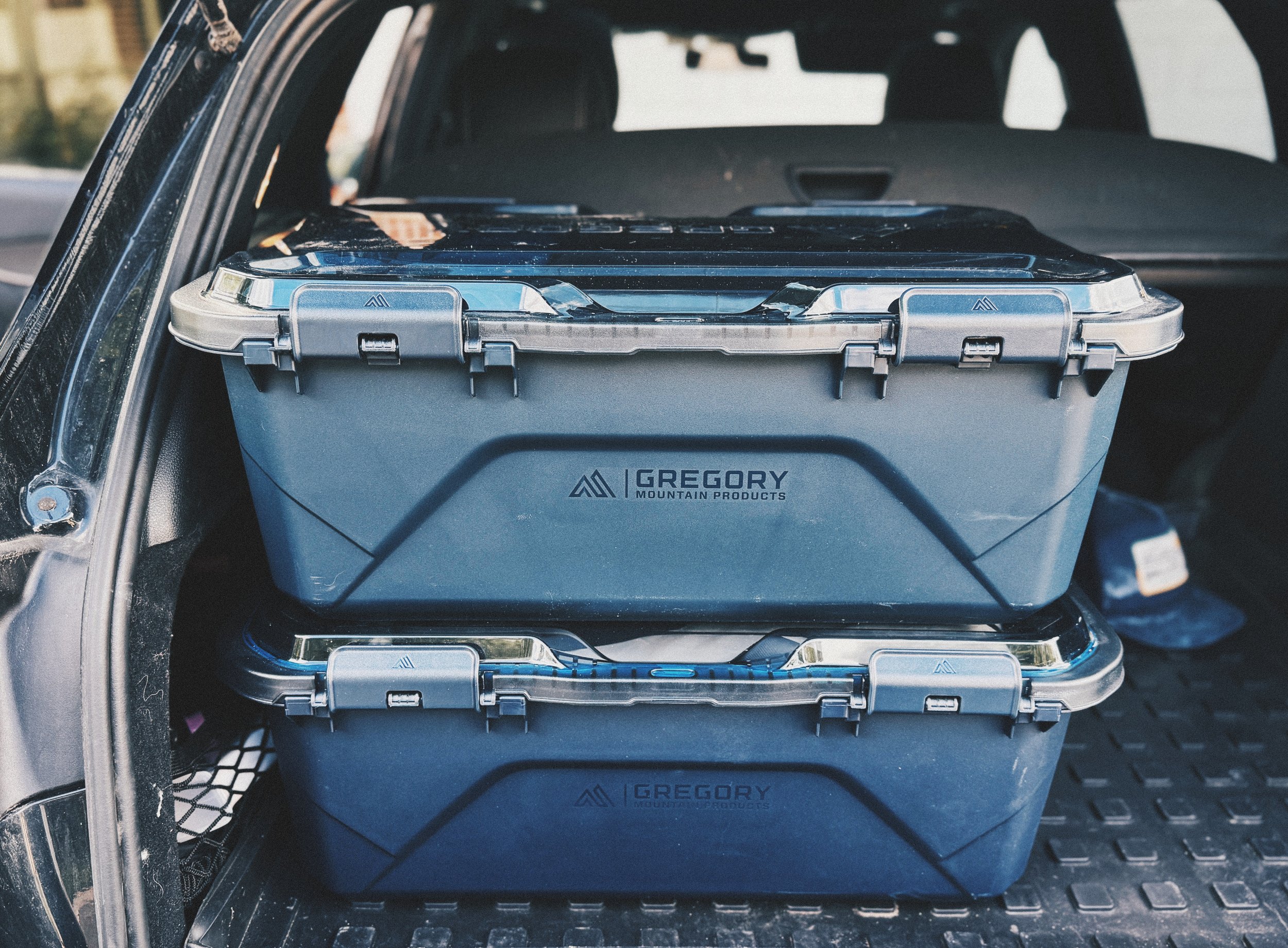Outdoor Brands You Might Not Know, But You Should — Gregory
Blog Series: 11/14 | GregoryOverland Girl earns commissions on purchases made through links on this site. All reviews and recommendations reflect our personal experiences. Your support allows us to keep providing valuable content. Thank you!
I love quality, well-made products. Working in advertising as a creative, from giant agencies to boutique studios, has given me a unique perspective. It's not always about the big names you know; sometimes, it's the ones you don't that capture your eye.
Now, stepping away from agency life with Overland Girl, I'm spotlighting the brands that ignite my passion and confidence. With my creative roots and a career that has crossed paths with both the well-known and the obscure, I'm excited to share the brands that stand out, not just for their products, but for their stories, commitment, and undeniable spirit. This blog is part of a series that highlights some of the most unique and inspiring outdoor brands. Let’s dive into the world of these hidden gems, exploring what makes them tick and, perhaps, finding the one that speaks to you. You might already know these brands; if so, that’s great: Mammut, Black Crows, Wild Rye, Stio, Snow Peak, Dragon Alliance, Big Agnes, Mountain Gazette, Wild Sam, HipCamp, Rovr Coolers, and Good Sam.
Today, I’m excited to focus on Gregory—a brand that has quietly revolutionized backpacks, duffel bags, and storage solutions for outdoor enthusiasts since 1977.
Gregory Nano 16 daypacks—light, fast, and built for everyday carry.
How Gregory Got Started
Founded by Wayne Gregory in 1977, Gregory has always been about precision, innovation, and a relentless commitment to fit and function. Wayne’s belief was simple: packs should move with the body, not against it. He pioneered anatomical backpack designs that set new standards for comfort and efficiency in outdoor gear.
Photo of founder Wayne Gregory in the ’70s with his climbing friends.
From humble beginnings in San Diego, Gregory's vision quickly resonated with adventurers who valued comfort and performance equally. Over the decades, Gregory evolved, combining meticulous craftsmanship with cutting-edge technology to produce packs trusted by both weekend explorers and seasoned mountaineers alike.
What Gregory Brings to Outdoor Adventures
Gregory packs aren't just bags—they’re thoughtfully engineered gear solutions designed around real-world outdoor needs. From day hikes to multi-day backcountry adventures, here’s what makes Gregory a standout:
Thoughtful Design and Comfort
Gregory’s reputation for ergonomic excellence is well-earned. Their packs feature:
FreeFloat Suspension System: An advanced system designed for superior ventilation, keeping you cool and comfortable on the trail.
Adaptive Fit Harness: Customizable and comfortable, explicitly designed to accommodate diverse body types.
Dynamic Load Management: Engineered to evenly distribute weight evenly, reducing fatigue and strain even on extended hikes.
Sustainability in Mind
Gregory’s commitment to sustainability shows in their materials and manufacturing processes:
Eco-friendly Outdoor Gear: Many Gregory packs utilize recycled materials, reducing environmental impact without sacrificing durability.
Responsible Production: Gregory is transparent about its sustainability initiatives, working towards reducing its overall footprint.
Gregory Packs You Should Know
Here are three Gregory favorites that highlight their innovation and functionality:
Zulu 30: Ideal ergonomic hiking pack for day hikes and overnight trips, this pack excels in comfort and breathability.
Gregory Zulu 30: FreeFloat suspension system delivers breathable comfort on the trail.
Gregory Zulu 30: Smart internal organization makes gear access quick and intuitive.
Baltoro 65: A favorite among serious backpackers, the Baltoro excels at handling heavy loads with unmatched stability.
Gregory Baltoro 65: CustomFit suspension adjusts for a precise, comfortable carry.
Gregory Baltoro 65: Side-zip access makes it easy to reach gear without unpacking everything.
Nano 16: Lightweight, versatile, and perfect for quick trips, daily use, or as a compact daypack.
Gregory Storage Solutions to Keep Gear Dialed
Gregory Alpaca Gear Boxes: Stacked in the back of the Jeep and ready to roll.
Gregory’s storage lineup goes beyond packs and duffels. From modular bins to soft organizers, their gear helps keep your adventure kit tidy whether you're car camping or living out of a bag. I’ve tested several of these solutions in the field—and they’ve earned a permanent place in my setup.
Here are the specific Gregory storage products I use regularly and recommend based on real-world experience:
Alpaca Gear Box 45L: Perfect for storing all your camp gear from your tent, sleeping bag, and your cook set-up. It’s compact but surprisingly roomy, and easy to stash in the back of the Jeep.
Alpaca Camp Box 50: A solid, mid-size option for organizing basecamp essentials. It's sturdy, easy to transport, and fits perfectly in my vehicle setup.
Alpaca Gear Basket 70: Great for quick-access items—like jackets, boots, or anything I don’t want buried in a bin. Open top, super durable, and ideal for loading in and out on active camp days.
Alpaca Gear Wagon: The MVP when I’m setting up camp at trailheads or state park sites. It folds flat but hauls everything—coolers, bins, chairs—in one trip.
Why Gregory Deserves Your Attention
Gregory packs offer reliability, comfort, and intelligent design—essential ingredients for any successful outdoor adventure. They're a brand that blends expertise, sustainability, and innovation, ensuring your gear performs exactly as you need it to, mile after mile.
Learn more about Gregory and discover why they might become your next favorite outdoor brand.
Check Out the Rest of the Series:
Outdoor brands you might not know, but you should — Rumpl.
Outdoor brands you might not know, but you should — Snow Peak.
Outdoor brands you might not know, but you should — Big Agnes.
Outdoor brands you might not know, but you should — Mountain Gazette.

